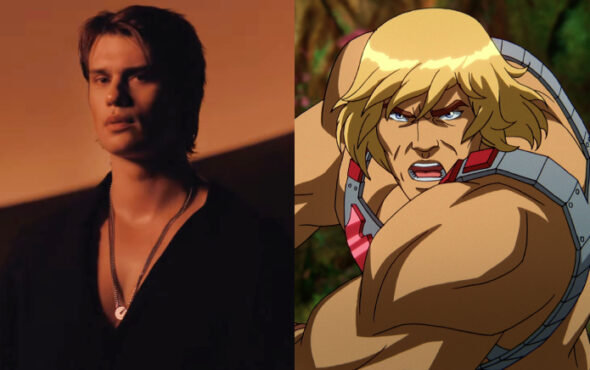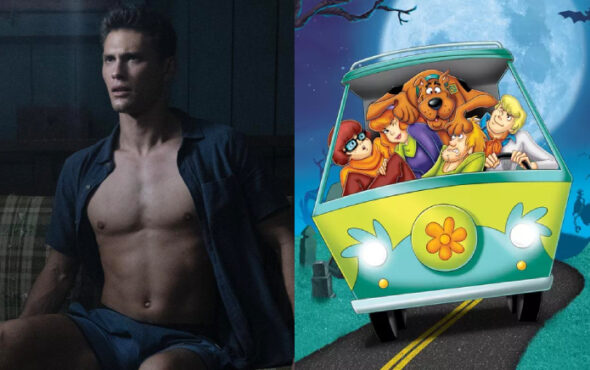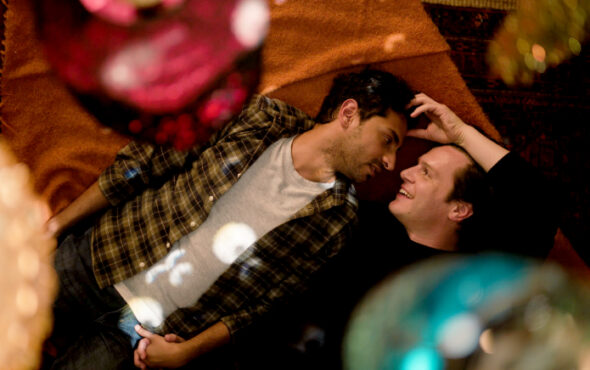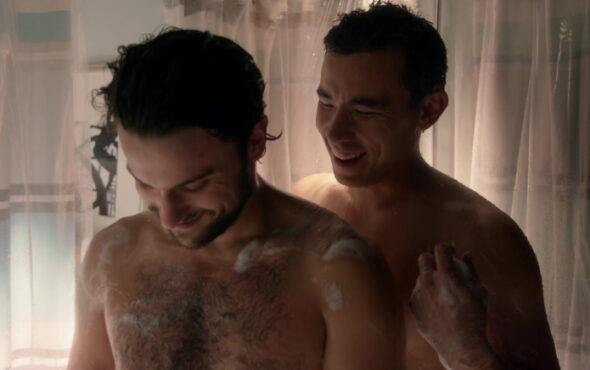
Conrad Ricamora and Jack Falahee have reflected on the impact of their trailblazing How to Get Away With Murder couple.
Over the past week, Entertainment Weekly has been celebrating two decades of Shondaland, the television company founded by Shonda Rhimes that includes iconic dramas like Grey’s Anatomy, Scandal and Bridgerton, as well as Netflix’s new mystery series The Residence.
As part of this celebration, Ricamora and Falahee joined the publication to reminisce on How to Get Away With Murder, the legal thriller that starred Academy Award winner Viola Davis as Annalise Keating, a defense attorney and law professor who becomes embroiled in a murder plot with five of her students.
Ricamora remembered how his character, Oliver, was initially intended to be a guest appearance. The Fire Island star was confident in his talents, however, and “wasn’t surprised” he became a regular “because I’m good at what I do”.
“Facts,” added Falahee, who played Connor. “Conrad knocked it out of the park. The chemistry was palpable for both of us and Pete Nowalk, the creator of the show, I remember him coming to me and saying, “Well, he’s the guy, like, he has to come back, right?” And I was like, “Yeah, absolutely.””
How to Get Away With Murder memorably blazed a rainbow trail over the course of six seasons with Oliver and Connor, who became one of the most iconic gay couples on television. Of course, Annalise also made history as one of the first major Black bisexual leads on the small-screen.
Another groundbreaking storyline involved Oliver’s HIV status, which was praised for humanising and normalising the experience of living with HIV, showing that people who are HIV-positive can lead full and successful lives. The storyline was credited with helping reduce stigma, promoting awareness of HIV treatments, and providing a much-needed positive role model for viewers.
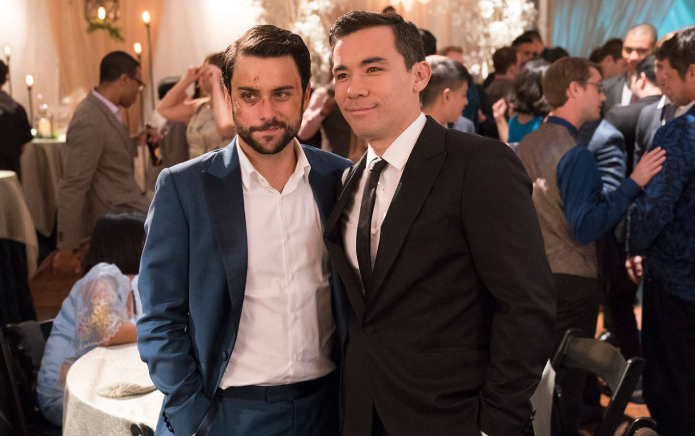
Ricamora, who remembered “growing up in the 90s when the AIDS epidemic was starting to come under control”, said he was proud that How to Get Away With Murder brought HIV/AIDS “back into the consciousness of media”.
Falahee added: “I remember after the HIV and then the PrEP episodes started to air, Pete and [producer] Betsy [Beers] and Shonda [Rhimes] came to us, and they said that there was an HIV advocacy group that had reached out to them and said that after the episodes aired, they saw a noticeable tick in PrEP prescriptions in certain metro areas that they attributed to the show airing.”
Ricamora reflected on a vacation with his husband, where the manager of his Airbnb approached him and thanked him for the depiction of Oliver and Connor’s romance: “He said that everything that our relationship portrayed allowed his conversations [with friends and family] to be much easier or to be had in the first place.
“Of course, I started crying when he was telling me this. It’s something that you don’t expect. I’ve come across this gratitude throughout living after How to Get Away With Murder.”
For Falahee, it was “powerful” for him to be part of ‘Coliver’ as it provided him with “direct communication” to the show’s fans.
“There’s people that stop me on the street and say, “Your relationship gave me the words to come out to my parents or talk to my boyfriend about PrEP” or fill in the blank,” he shared. “It was such a wild show, but there were so many very grounded things that actually made an impact in people’s lives.”
As their interview came to a close, Ricamora reflected on the impact his character had on Asian American men in mainstream media, who were historically portrayed as “being emasculated and having no sex life and being the butt of every joke”.
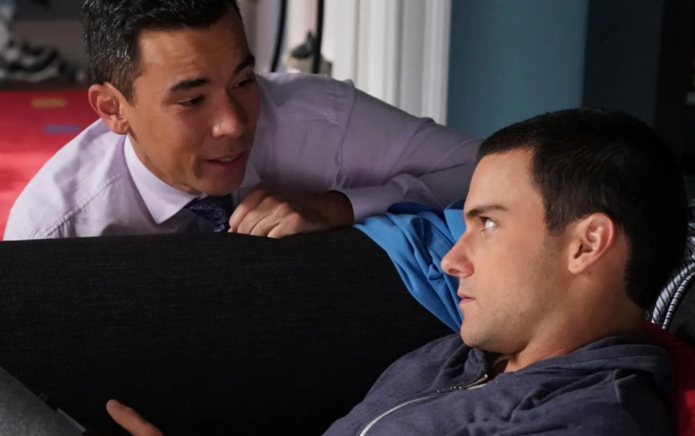
The characterisation of Oliver shattered these stereotypes, leading to Asian American men approaching Ricamora to “say this helped them have confidence in themselves. Not only that, but what it’s done for me in terms of healing that part of myself is something that I will hold dear”.
Quoting Annalise Keating, Falahee said “love is love” is the “legacy” of How to Get Away With Murder, from ‘Coliver’ to Davis’ lead and the plethora of other queer characters introduced in the series.
“It’s so bizarre to have been on the show during Trump’s first presidency and now, into a second one. It has illuminated how important visibility and representation is when real life seems completely out of control and society is fraying at the seams,” he continued.
“The most powerful experience as an actor on the show is seeing how some kid in Russia or Alabama or remote Italy, that this show is a life raft for them and a lifeline. To be a small part of that storytelling is really important to me.”
You can read Conrad Ricamora and Jack Falahee’s full interview with Entertainment Weekly here, and reminisce on Coliver’s best bits from season one below.

